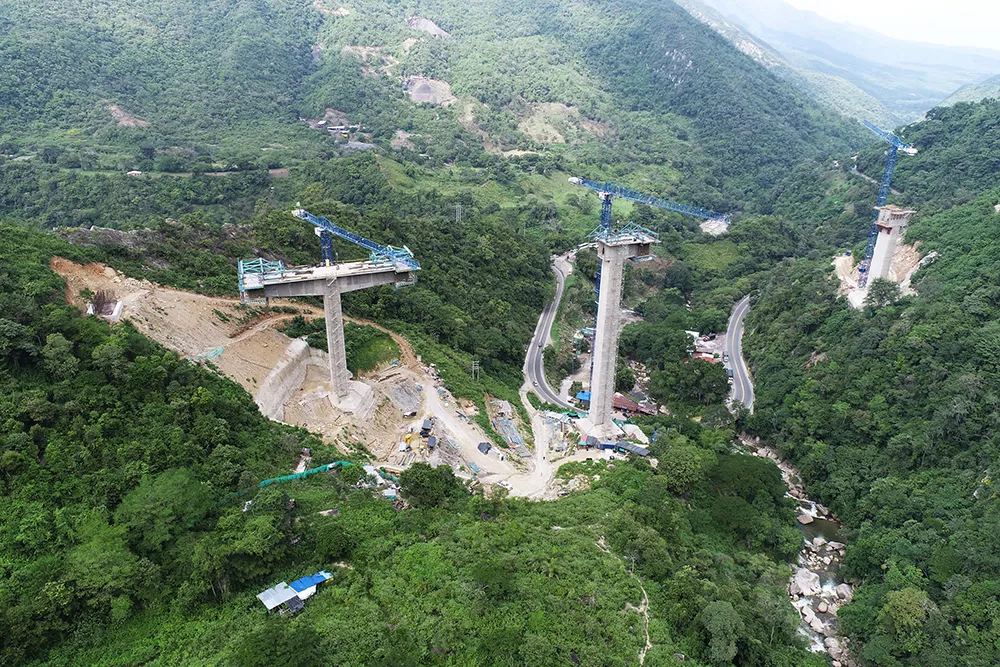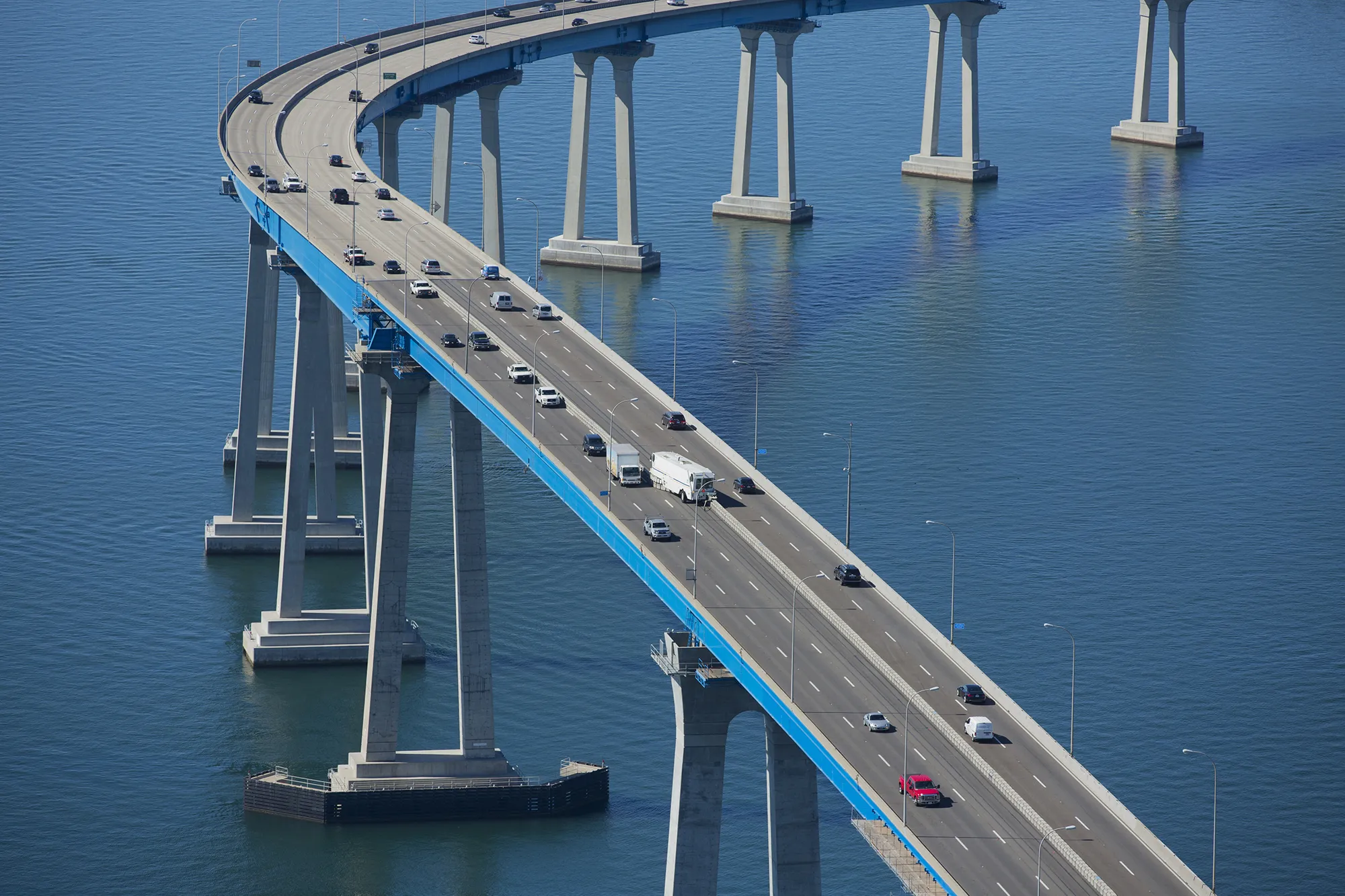A tender worth US$637.68million (ILS 2.50bn) was recently published by Israel National Roads Company (Ma'atz) for the construction of two bridges in the historic neighbourhood of Motza, near Jerusalem. The tender says the two 800-metre bridges will have three traffic lanes each. According to Ma'atz, construction work for the project is scheduled to begin in 2013. Once completed, the bridges will be connected directly with the Harel Tunnel.
July 9, 2012
Read time: 1 min
A tender worth US$637.68million (ILS 2.50bn) was recently published by 2602 Israel National Roads Company (Ma'atz) for the construction of two bridges in the historic neighbourhood of Motza, near Jerusalem.
The tender says the two 800-metre bridges will have three traffic lanes each.
According to Ma'atz, construction work for the project is scheduled to begin in 2013. Once completed, the bridges will be connected directly with the Harel Tunnel.
The tender says the two 800-metre bridges will have three traffic lanes each.
According to Ma'atz, construction work for the project is scheduled to begin in 2013. Once completed, the bridges will be connected directly with the Harel Tunnel.








